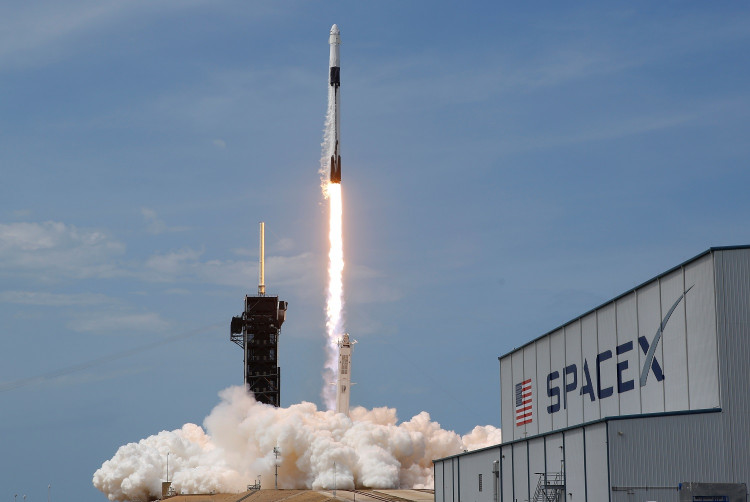One of SpaceX's seasoned boosters transported 105 tiny satellites into orbit before landing back on Earth, launching its second rocket of the year Thursday morning (Jan. 13).
At 10:25 a.m. EST, the two-stage Falcon 9 rocket took off into the clear blue sky, carrying dozens of tiny satellites from Space Launch Complex 40 at Cape Canaveral Space Force Station in Florida.
The first stage returned to the Cape about nine minutes after it sprang off its launch pad, landing on a landing platform mere miles away from where it started.
Amazingly, this single Falcon 9 rocket first stage has now launched 550 satellites, as well as one Cargo Dragon and one Crew Dragon, into orbit. Since its debut, it has flown every two months on average. It appears that rocket re-use is more than a passing fad.
The mission, called Transporter-3, was SpaceX's third dedicated rideshare mission. In a sequence of deployments that began an hour after launch, it was intended to scatter 105 small satellites into polar orbit, which sees satellites circle Earth over its poles. This orbit is preferred by Earth-observation firms because it enables orbiting satellites to scan the entire world on a regular basis.
The Transporter-3 mission's 105 satellites range in size from the size of a soda can to the size of a shoebox to the size of a washing machine.
For SpaceX, this was the company's second trip in 2022, and the company's second in less than a month from Florida's Space Coast. (SpaceX has a few more launches planned for this month, continuing its quick launch schedule from last year.)
Today's voyage marked the 10th successful flight and landing of a first-stage rocket with the designation B1058, which originally flew in May 2020 as part of the Demo-2 Crew Dragon mission, which sent two NASA astronauts - Bob Behnken and Doug Hurley - to the International Space Station.
Following that flight, the launcher launched five sets of SpaceX's own Starlink internet satellites into orbit, assisting in the expansion of the company's booming megaconstellation. It also transported the Transporter-1 mission (SpaceX's first dedicated rideshare endeavor) last January and will launch a cargo Dragon capsule to the space station in December 2020.
SpaceX first announced its rideshare program in 2019, offering small satellite operators the chance to launch their spacecraft for a combined cost of $1 million per launch. So far, the company's goal has been to launch two Transporter missions per year, but the program's performance has prompted speculation that the launch pace may be doubled.





